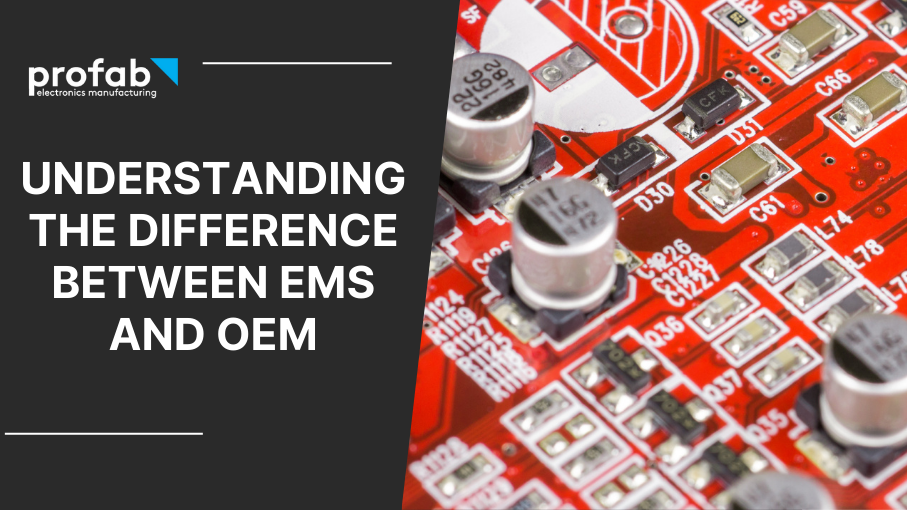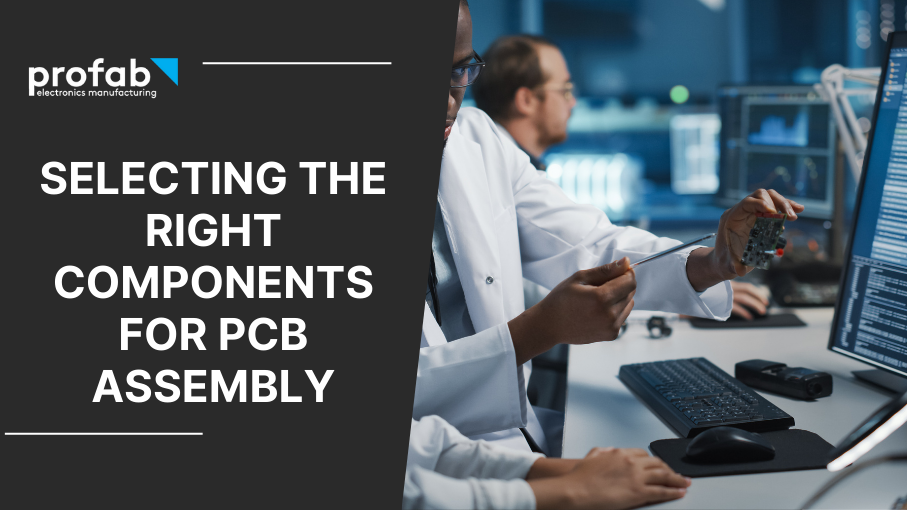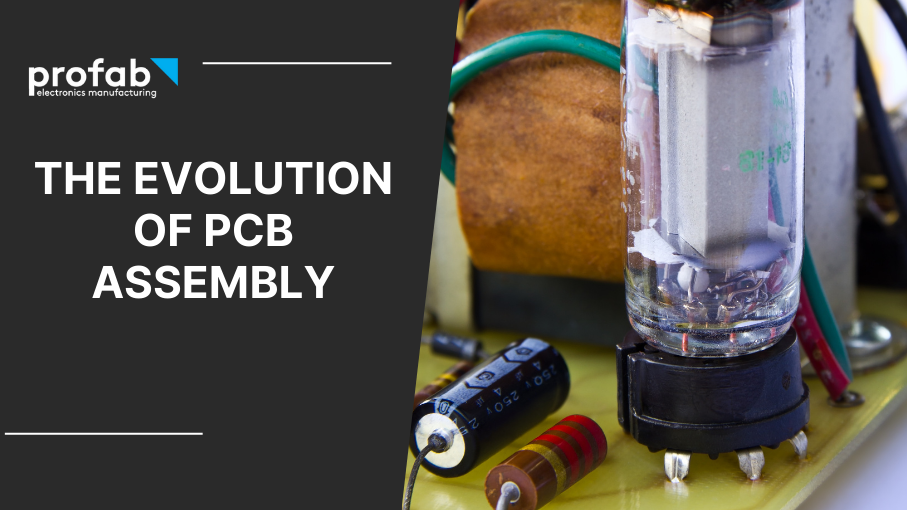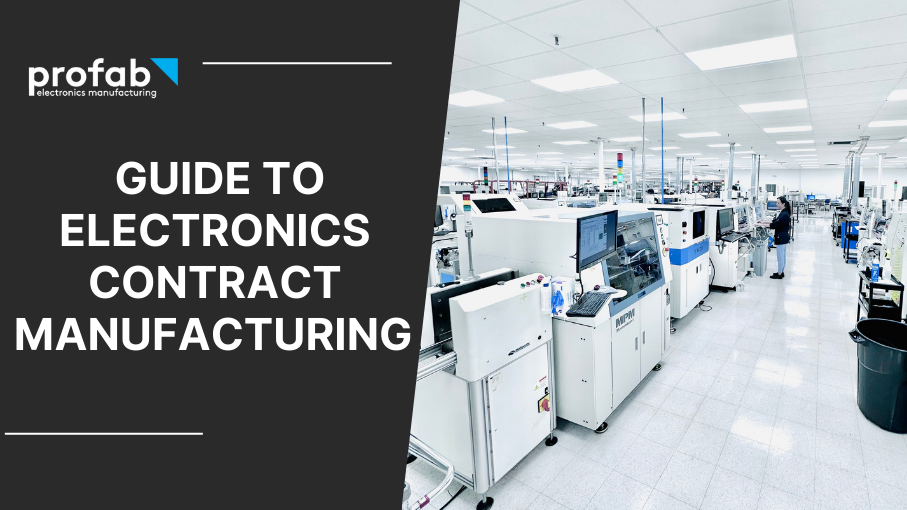
Understanding the Difference Between EMS and OEM
Decoding the Symbiotic Relationship Between EMS and OEM: Unraveling their distinct roles and how they collaboratively bring electronics from conceptual design to market-ready products.
The world of electronics manufacturing is populated by acronyms that can often cause confusion if not clearly understood. Two of these commonly used terms are EMS (Electronics Manufacturing Services) and OEM (Original Equipment Manufacturer). This article aims to elucidate the difference between these two terms and to elaborate on their significant roles in the electronics manufacturing industry.
Original Equipment Manufacturer (OEM)
An OEM refers to a company that conceives the design for a particular product and has the official rights to sell that product under its brand name. These companies conceptualize the product, develop detailed design blueprints, and often maintain the intellectual property rights for the product.
The broad spectrum of OEMs spans different types of industries, including manufacturing, automobile, computer hardware, and consumer electronics among others. A classic example of an OEM is Apple Inc., which designs its unique devices and retails under its world-famous brand.
However, designing a product and having the rights to market it does not necessarily imply that the company also fabricates these products in-house. This is where the role of EMS comes into play.
Electronics Manufacturing Services (EMS)
EMS providers, like Profab Electronics, are companies that specialize in manufacturing, testing, distribution, and repair services for electronic components on behalf of OEMs. These services encompass complete "turn-key" solutions which include prototyping and production pcb assembly services, among other offerings.
EMS companies have the resources and expertise to efficiently and cost-effectively produce large quantities of electronic components. Companies like Profab Electronics rely on their extensive industry experience and technical know-how to deliver high-quality PCB assembly services.
Key Differences Between EMS and OEM
One of the main differences between the two lies in their core functions. An OEM is more geared towards the design, development, and sale of products under their brand name, owning all intellectual property rights associated. On the other hand, an EMS primarily focuses on manufacturing and testing the products on behalf of the OEM, ensuring each part leaves the factory floor operating to its full potential.
Another crucial variance springs from the fact that OEMs, due to their branding, often have higher profit margins compared to EMS providers. This disparity is a direct consequence of the role of OEMs in the business value chain, focusing on design and sales, while EMS providers cater to the mass-scale manufacturing of these designs.
Synergistic Relationship: EMS and OEM
The relationship between EMS and OEM is possibly best described as symbiotic. EMS enables OEMs to focus on what they do best: product development and brand marketing. This dynamic relationship not only streamlines the manufacturing process but also helps to reduce overhead costs and increase speed to market.
One apparent advantage for OEMs while collaborating with experts in pcb assembly services and manufacturing like Profab Electronics is that they alleviate the need for maintaining in-house production units, which can be expensive and challenging to manage. Besides, with the rapid evolution and complexity of electronic designs, the specialised expertise of an EMS becomes even more valuable.
Conversely, EMS providers benefit from these partnerships by being able to remain at the forefront of advanced manufacturing technologies, thereby enhancing their capabilities and market reputation.
Wrapping Up
In essence, OEM and EMS are two sides of the same coin within the electronics manufacturing landscape. Their symbiotic relationship ensures a seamless and efficient product lifecycle from conceptual design to final assembly and distribution.
As industry specialists like Profab Electronics continue to offer superior quality EMS services, these partnerships will remain a cornerstone of the electronics manufacturing world.
It's clear that each entity - OEM and EMS - plays a distinctive but interconnected role in bringing electronic products to market. Understanding these differences and leveraging their respective strengths can significantly enhance overall manufacturing efficiency and product success.
Interested in learning more about the world of electronics manufacturing? Be sure to check out our comprehensive article, "Understanding the Differences Between EMS and ODM in the Electronics Manufacturing Industry." Discover the unique roles of Electronics Manufacturing Services and Original Device Manufacturers, and how these key industry players shape the way our electronic products are conceptualized, produced, and brought to market. Expand your knowledge with Profab Electronics.
About Profab Electronics
Profoundly embedded in the electronics manufacturing sector, Profab Electronics has been steadfast in its commitment to deliver excellence for over three decades. Our unparalleled experience, fortified by our stringent quality standards, positions us as a trusted partner in the realm of Electronics Manufacturing Services (EMS).
We're an ISO 9001 and AS9100 certified company, and our adherence to these globally recognized standards attests to our unyielding quest for quality. Our team comprises experts who hold formative training on the latest IPC standards, ensuring that we consistently produce electronic products of the highest caliber.
Our proficiency lies in PCB assembly, offering a spectrum of services ranging from Surface Mount (SMT) to Through-Hole Assembly. From the initial stages of prototyping to high volume pcb assembly, we offer comprehensive solutions to meet client requirements.
At Profab Electronics, we synergize our expertise and experience to deliver high-quality electronic products. Our unwavering commitment to quality, innovation, and customer satisfaction has established Profab Electronics as a leader in the electronics manufacturing industry. Trust us to bring your technological visions to life.
Latest Posts

Learn how choosing the right materials and embracing newer technologies can lead to high-performance, reliable PCBs, and discover our collaborative approach to ensuring superior end products.

Discover the transformative journey of PCB assembly and Profab Electronics' pivotal role, from early innovations to today's advanced technologies.

From Selection to Quality Assurance: Navigating the Intricacies of Outsourced Production